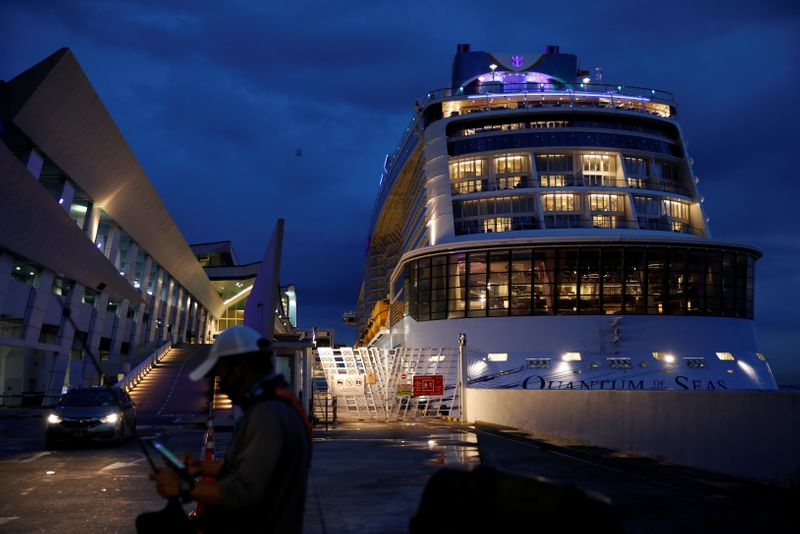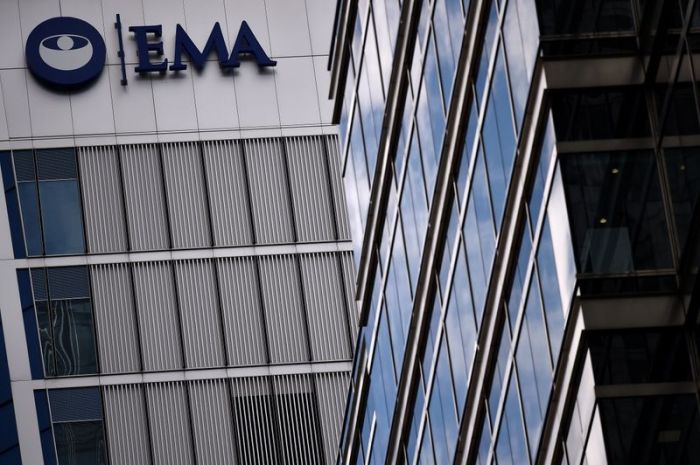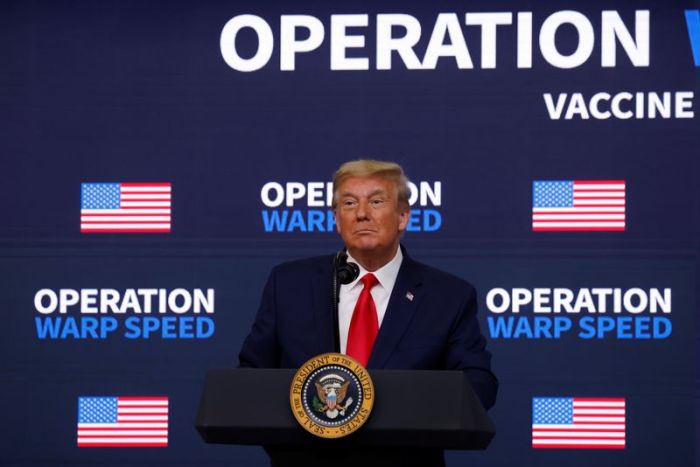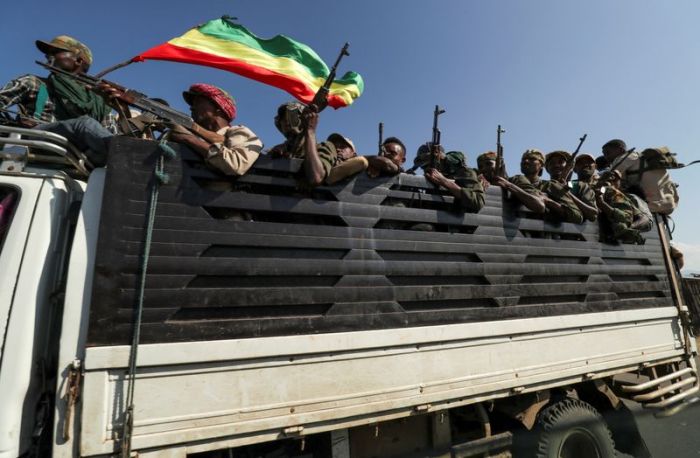SINGAPORE (Reuters) – A suspected COVID-19 case aboard a “cruise-to-nowhere” from Singapore which forced the ship to return to dock and nearly 1,700 guests to isolate was a false alarm, the government said on Thursday.
Passengers on Royal Caribbean’s Quantum of the Seas vessel were held in their cabins for more than 16 hours on Wednesday after an 83-year-old man was tested positive for COVID-19 aboard the ship when he sought medical help for diarrhoea.
But Singapore’s health ministry said on Thursday the man did not have the virus after three subsequent tests on land came back negative.
While authorities praised the response to the incident, tourism experts said it highlighted testing frailties and the burden that puts on businesses trying to resume operations even in a country that has largely tamed the virus.
“We have to live with less-than-perfect testing kits,” said Michael Chiam, a senior tourism lecturer at Singapore’s Ngee Ann Polytechnic. “This may be costly to businesses.”
The health ministry said close contacts of the guest to would no longer need to quarantine and that it would help review testing processes aboard the ship.
Miami-based Royal Caribbean, which had just started offering the trips after it halted global operations in March due to the pandemic, said in a statement it welcomed the news and that it would work to “refine” its protocols.
The cruises-to-nowhere were part of Singapore’s efforts to revive a tourism industry which has been battered by the pandemic as borders around the world have closed.
Singapore’s tourism board chief Keith Tan said the cruise incident was a learning experience but also a validation of precautions like pre-departure testing and requirements that guests carry an electronic contact tracing device at all times.
The mishap will be closely watched by other firms relying on testing like event venues and airlines, said Sherri Kimes of the National University of Singapore’s Business School.
The city-state, which has reported only a handful of cases in recent weeks, is rolling out rapid antigen tests for large events such as weddings and business conferences.
(Editing by Angus MacSwan)

























